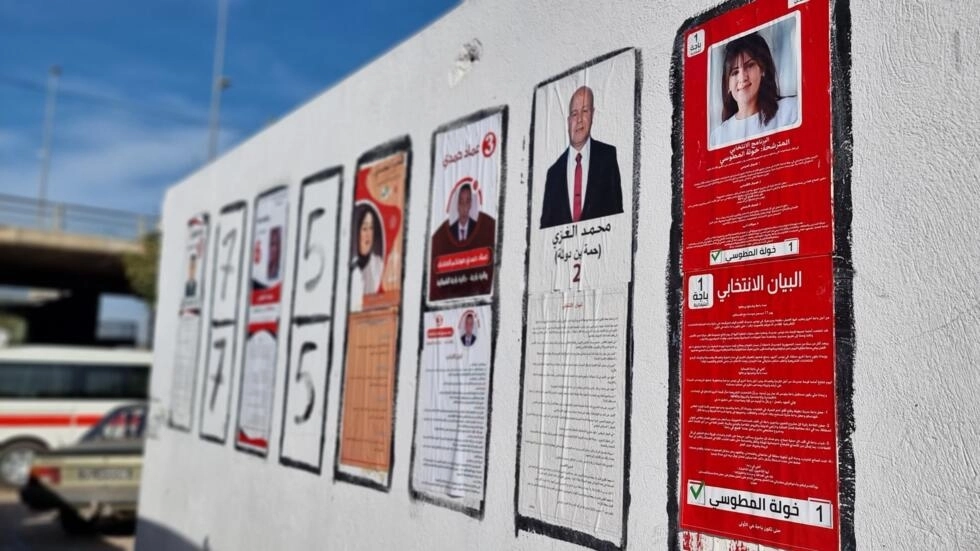By announcing his intention to modify the 2016 law establishing the independence of the Central Bank of Tunisia (BCT), Kaïs Saïed raises fears of increased state intervention in monetary policies, particularly in light of the budget deficit growing, the scarcity of financial resources and difficulties in borrowing abroad.
Declaring, during his “unannounced visit” to the headquarters of the BCT in Tunis, last Friday, September 8, 2023, that this law should be revised to allow the Issuing Institute to directly finance the budget by purchasing bonds of State, a measure against which Governor Marouane
Abassi had previously warned?
For his part, the Minister of Economy and Planning Samir Saied declared to Bloomberg, last Wednesday, May 24, on the sidelines of a conference in Sharm El-Sheikh, Egypt, that “the independence of the central bank will remain as it is without any modification”, thus reacting to the declarations of deputies affirming that they were preparing a bill to this effect.
Monetarism put to the test of populism
The President of the Republic has not yet clearly indicated that he is seriously considering proposing a draft amendment to the 2016 law, but there is a real fear of seeing the independence of the central bank called into question, at a time when Negotiations over a $1.9 billion loan have stalled since October, when Tunisia and the IMF reached a preliminary agreement, with Saïed meanwhile saying he would not accept the “diktats ” of abroad and suggested that cutting subsidies could lead to social movements. An absolute nightmare for the head of state who is already in the electoral pre-campaign for a second term, in 2024.
During his visit to the bank, Saïed indicated that a distinction must be made between the role of the bank in the fight against inflation and its role in financing the budget, adding that the central bank is a public institution and not independent of the State.
In 2020, the central bank governor, Marouane Abassi, warned against government plans to ask it to buy Treasury bills presented real risks to the economy, including increased pressure on liquidity, high inflation, and a drop in the value of the Tunisian currency. But Saïed seems convinced that “the budgetary financing law which says that the bank cannot grant credit facilities nor acquire bonds issued by the State should be reviewed”.
A bad signal is sent to donors
While the country has been shaken by multiple problems since the 2011 revolution, is facing a real economic crisis, most of its debt is domestic, repayments of foreign loans are expected later this year and debt agencies’ credit ratings have been warning for several months that Tunisia could default, this sudden interest of President Saïed in the revision of the 2016 law relating to the BCT is perceived by most financial experts as a serious threat to monetary policy and sustainability of the dinar, the national currency. It would also be a bad signal sent to foreign donors who would see the last bastion of monetary orthodoxy in the country fall.
We would like to hear Mr. Abassi’s opinion on this subject, but he is slow to react, fueling the fears of economic and financial players with his silence. When will he bring together the board of directors of the Emission Institute to announce its official position and its possible reaction on the day when the president will carry out his “ threat” by proposing a draft amendment of the 2016 law in parliament?














